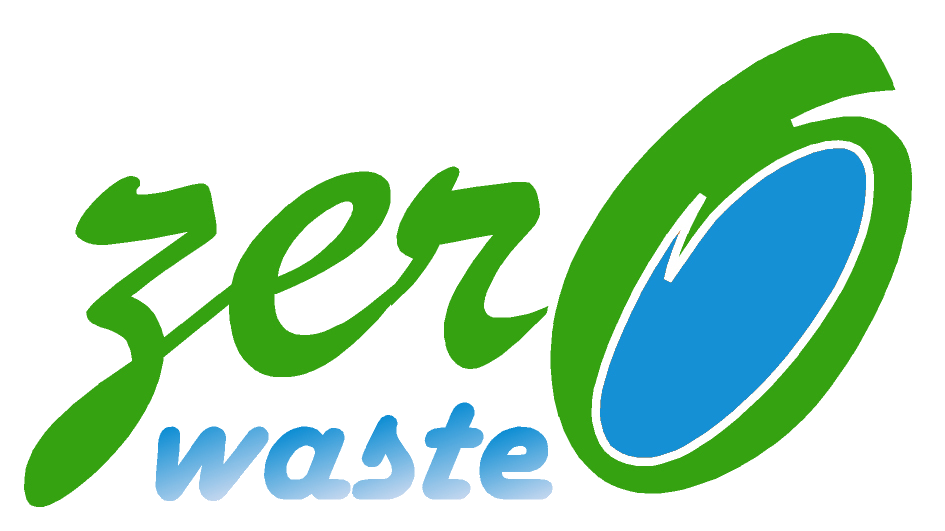Owners of existing premises can choose a treatment method suited to their operations, while owners of new premises will be required to implement on-site food waste treatment systems.
Singapore, 7 March 2019 – Food waste is one of the major waste streams identified under the Sustainable Singapore Blueprint (SSB), with high generation tonnage and low recycling rate[1]. From 2024 onwards, the Ministry of the Environment and Water Resources (MEWR) and the National Environment Agency (NEA) will make it mandatory for the owners and operators of commercial and industrial premises, where large amounts of food waste are generated, to segregate their food waste for treatment. Such premises include large hotels and malls, large industrial developments housing food manufacturers, food caterers or food storage warehouses.
2 The owners of existing commercial and industrial premises that generate large amounts of food waste will be allowed to choose the food waste treatment method that best suits their operations. For example, the affected premises can recycle homogenous food waste into animal feed, use on-site food waste treatment systems, or send their food waste to an off-site facility for treatment.
3 The on-site treatment of food waste reduces the associated environmental costs, such as carbon emissions, involved in the transportation of food waste to an off-site facility for treatment. For new premises that generate large amounts of food waste, space for on-site food waste treatment systems can be incorporated at the planning stage to allow for the closed-loop management of food waste within these premises. Hence, MEWR/NEA will be making it mandatory for developers of new developments, where large amounts of food waste are expected to be generated, to allocate and set aside space for on-site food waste treatment systems in their design plans from 2021. They will also be required to implement on-site treatment of food waste from 2024. The adoption of such systems will allow for the closed-loop management of food waste at these premises, where the food waste could be converted to compost for landscaping purposes or water for non-potable uses.
4 From 2021, MEWR/NEA will also work with large public sector building owners with food and beverage (F&B) outlets to implement food waste segregation for treatment under the Public Sector Taking the Lead in Environmental Sustainability (PSTLES) initiative.
5 These new requirements will help ensure that food waste from large food waste generators is diverted for treatment or converted into useful products instead of being incinerated. Food waste can be converted to animal feed, compost/fertiliser, non-potable water or biogas for energy generation. Segregating food waste for treatment also reduces odour and pest nuisances at premises, and reduces the contamination of recyclables by food waste, allowing for greater resource recovery.
6 Extracting value from waste is the circular economy approach, where resource-use is maximised to reduce our burden on the planet. This will also contribute to extending the lifespan of our waste disposal facilities, such as Semakau Landfill which is projected to run out of space by 2035 at current waste disposal rates.
7 MEWR and NEA have been consulting industry on the new proposed requirements for large food waste generators, and will continue to do so as the implementation details are developed. Some operators of commercial premises are already segregating their food waste for treatment. For example, to date, NEA’s 3R Fund has supported 23 premises in installing on-site food waste treatment systems that convert food waste into non-potable water, compost or fertiliser. MEWR and NEA will continue to provide support to owners/operators of premises who choose to implement on-site food waste treatment systems before the mandatory requirements kick-in.
[1] 763,100 tonnes of food waste were generated in 2018 but only 17 per cent of this was recycled.
Retrieved from Nea.gov.sg. (2019). Food Waste Segregation For Treatment By Large Commercial & Industrial Food Waste Generators To Be Mandatory From 2024. [online] Available at: https://www.nea.gov.sg/media/news/news/index/food-waste-segregation-for-treatment-by-large-commercial-industrial-food-waste-generators-to-be-mandatory-from-2024 [Accessed 7 Mar. 2019].


